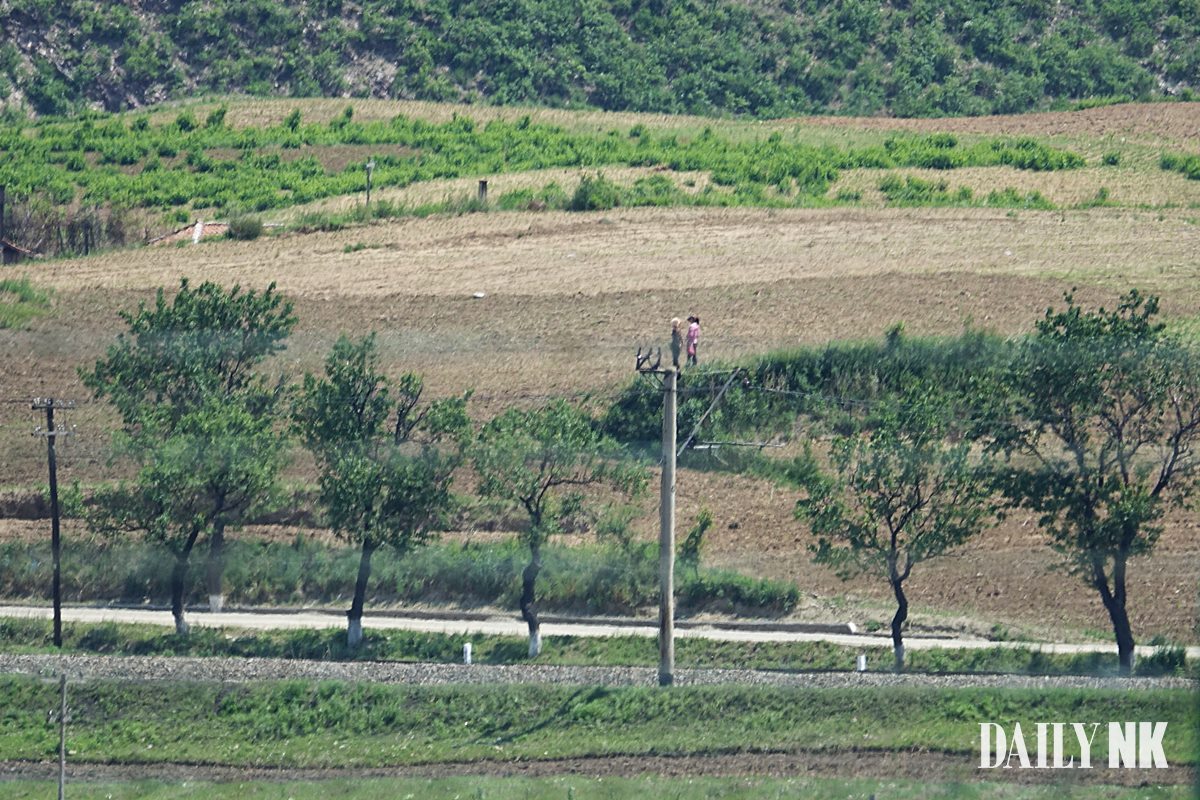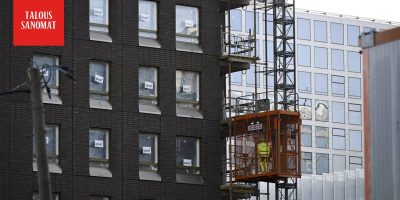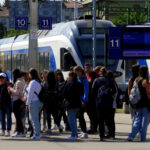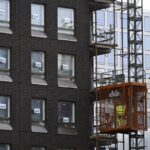Urban residents in North Korea’s city of Hamhung are relocating to rural areas like Hongwon and Riwon counties due to severe economic hardships making city life unsustainable. The migration trend reflects growing difficulties in sustaining urban livelihoods.
According to a source in South Hamgyong province recently, the exodus of Hamhung residents to the countryside became noticeable in late October.
Many individuals moving to the countryside are merchants who earned their livelihood by selling goods in markets. The recent increase in exchange rates and escalating prices have caused these merchants, who were already struggling to make ends meet, to experience a decline in earnings. This has placed them in a dire situation where they are unable to afford even basic necessities like food.
With winter approaching, their situation has grown even more dire since they must prepare fuel for heating and cooking. In the end, many have decided to move to the countryside where, at least, they can make a living, the source said.
“From late October to early November, two households in one neighborhood watch unit in Hamhung’s Songchongang district moved to the countryside. One household sold their home and moved to Hongwon county, while the other rented out their home for 100 to 150 Chinese yuan ($14-21) a month and moved into a relative’s home in Rakwon county,” he said.
“These families struggled the most in that neighborhood, and with winter approaching, they decided to move to the countryside when they couldn’t prepare winter supplies,” the source continued. “This is because Hongwon and Ragwon counties are by the seaside, and they can earn a living by plucking fish from nets or sorting catches when boats come in.”
Moving from the countryside to the city is very difficult in North Korea, where freedom of movement is restricted. However, moving from the city to the countryside is relatively easy.
Countryside residents usually work the land, so rural residents do whatever they can to move to the city for their children, but few people want to move from the city to the country, so moving one’s residence to a rural community is relatively easy.
“In the past, rural-to-urban migration was common, but urban-to-rural movement was rare,” the source said. “Now, with mounting economic hardships, moving to the countryside has become a survival strategy for many city dwellers.”
“People inevitably choose to move to the countryside as the best way to survive and avoid starving to death immediately, even if your children must live as farmers,” he continued. “This phenomenon isn’t just appearing in South Hamgyong province, but in North Pyongan and Ryanggang provinces as well.”
He added: “Most urban families struggle to stay in cities, fearing their children would be trapped in rural poverty forever. Merchants now wistfully long for pre-COVID days, the phrase becoming almost like a common refrain.”
Daily NK works with a network of sources in North Korea, China, and elsewhere. For security reasons, their identities remain anonymous.
Please send any comments or questions about this article to [email protected].














